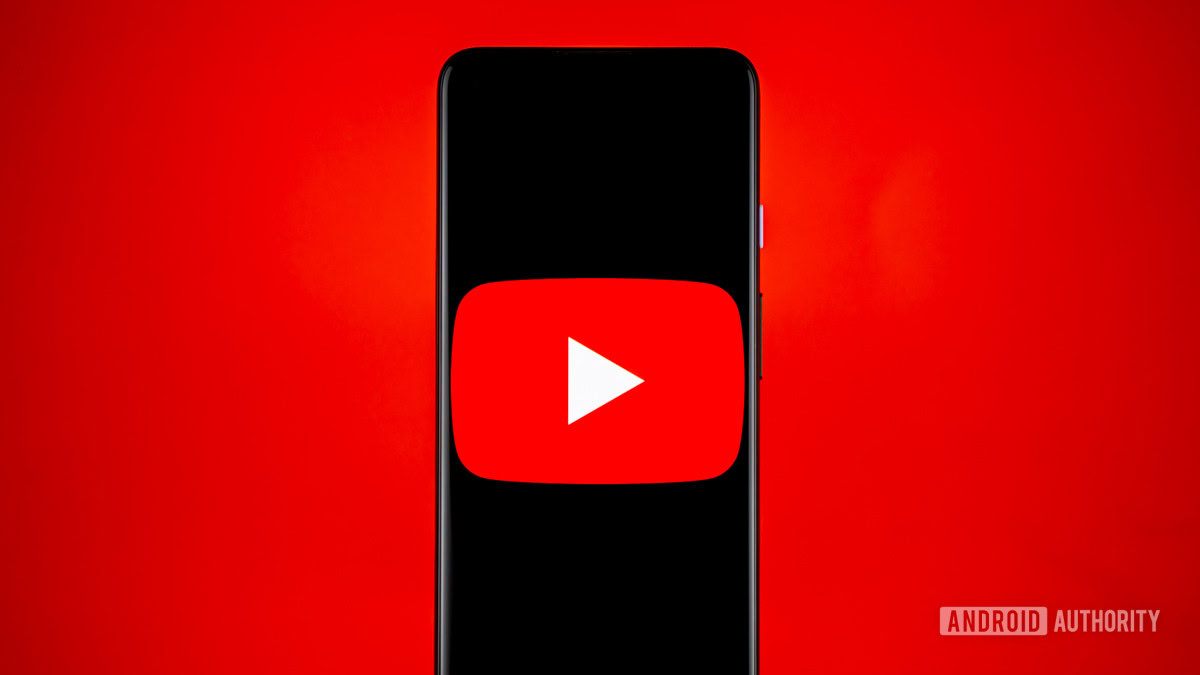
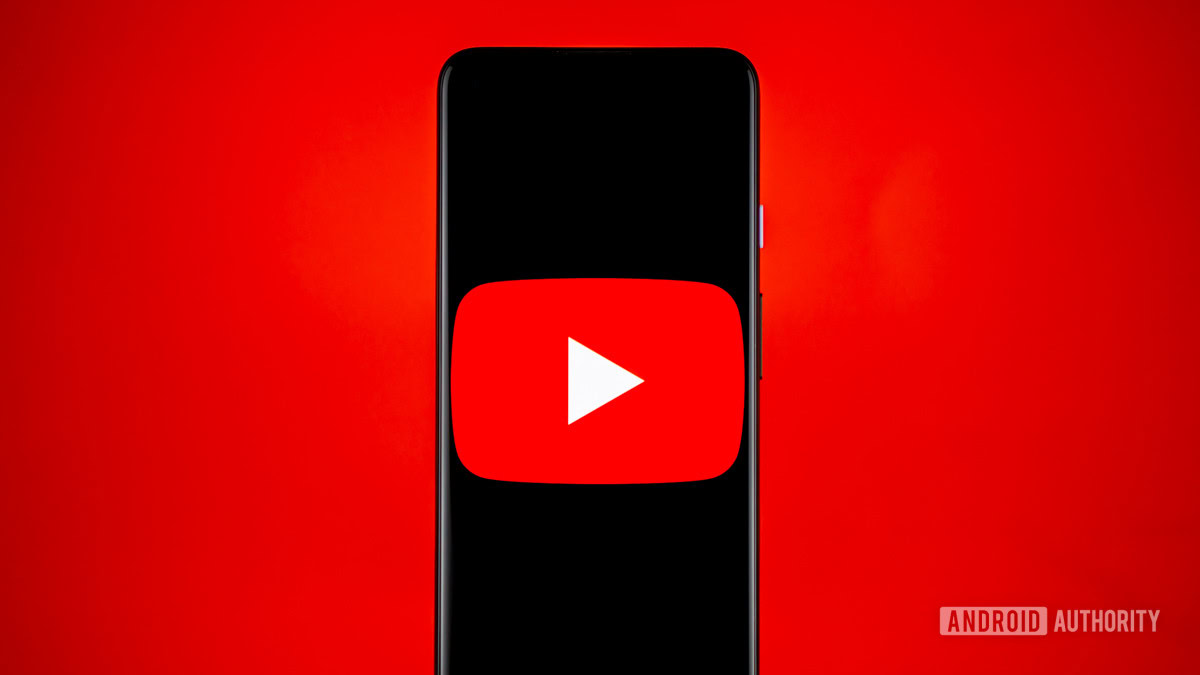
Edgar Cervantes / Android Authority
TL;DR
- Google announced today that it will start using machine learning for YouTube age verification.
- The system will examine what you watch and do on the platform and try to determine whether you are a child or an adult.
- This will thwart users who lie about their age to influence the algorithm or bypass age restrictions.
Like the wider internet, YouTube can be a dangerous place for children due to it being a platform where child predators can congregate. Back in 2019, for example, YouTube got stuck in a scandal as it was discovered that its algorithm could push questionable material towards people who had previously watched videos featuring children. There was also evidence that child predators were using timestamps and video comments to find and share borderline Child Sexual Abuse Material (CSAM).
Likewise, YouTube also has a lot of content that minors probably should not see — even if they want to. This results in children pretending to be over the age of 18 in order to see that content.
These situations are possible because it is fairly easy to lie about your age on YouTube. Telling the platform that you are a certain age can influence the type of content it shows you and how the algorithm responds to your activity.
However, in a blog post today going over YouTube’s big bets for 2025, Google said that it is working on using a machine learning system to determine a person’s age bracket based on how they use the service. This would, in theory, better categorize people not by the age they tell the platform but by their habits. According to the post, it would categorize users as younger viewers or adults and then tweak the platform accordingly:
We’re also laser focused on protecting our youngest users. That’s why we built YouTube Kids and rolled out supervised accounts. That’s why we’ve invested in the learning and education experience: improving the way videos are shown in educational tools, making it easy to learn more about topics in a video and offering creators a way to produce courses. And that’s why we’ll use machine learning in 2025 to help us estimate a user’s age — distinguishing between younger viewers and adults — to help provide the best and most age appropriate experiences and protections.
In 2024, Meta launched a similar system on Instagram, although its purpose was explicitly to prevent minors from trying to lie and say they are over 18. Users under 18 have a different experience on Instagram, and younger people need to ask a guardian’s permission to make certain changes and view certain content. As such, some minors will try to fake Instagram out and say they are over 18, but Meta’s AI can help suss these users out based on how they use the app.
Obviously, there is plenty of room here for false positives. A parent, for example, could never use YouTube themselves but let their child watch YouTube freely. This would categorize that user as a child, even if the person who actually owns the account is an adult. It’s also possible that child predators could figure out ways to appear as a child to whatever machine learning system Google is using.
Still, it’s interesting to see Google ramping up ways of dealing with these issues using the power of AI.
Got a tip? Talk to us! Email our staff at [email protected]. You can stay anonymous or get credit for the info, it’s your choice.
What’s your reaction?
Love0
Sad0
Happy0
Sleepy0
Angry0
Dead0
Wink0


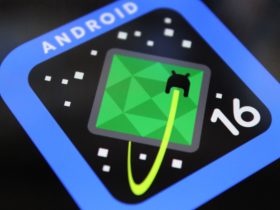
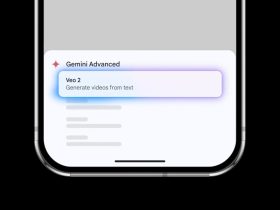


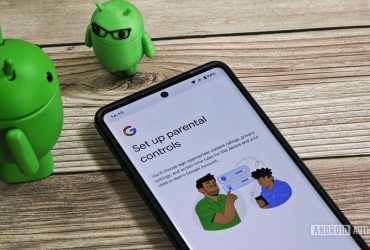

Leave a Reply
View Comments